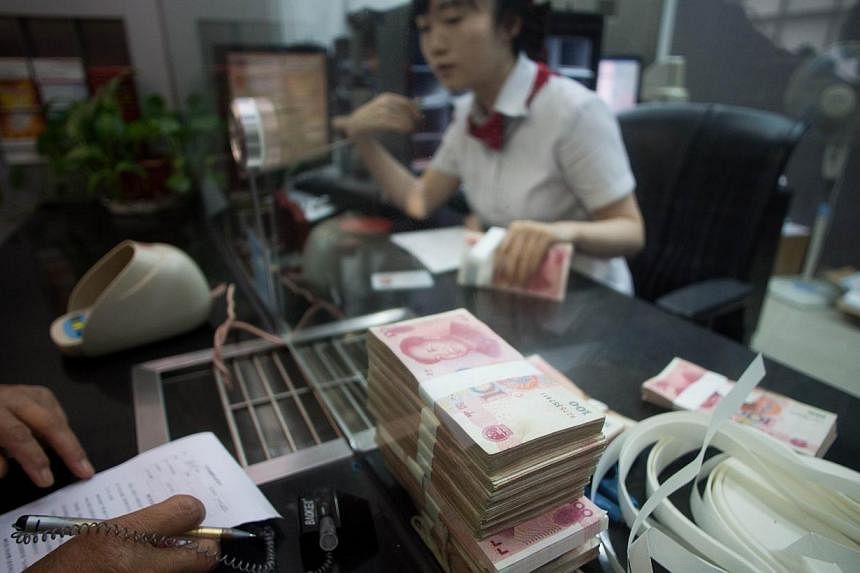Where is the world's most dynamic, consequential and potentially volatile emerging power headed?
Foreigners, particularly in the West, have long assumed that growth in China would force both economic liberalisation and political reform, and that this process would make China a more predictable country, a defender of the global status quo and a "responsible stakeholder" in international politics.
But it's time to accept that China will be the world's largest economy long before it becomes a developed country. Even as China becomes more important for global economic stability, the heavy hand of the state will continue to create long-term problems for its economy, and its authoritarian politics will generate higher risk of unrest.
It's easy for Westerners to misread today's messages from Beijing. When President Xi Jinping speaks of the importance of the "China Dream", he is not arguing that his country has adopted the American aspiration to get a good job, join the middle class, buy a home and enjoy a rising standard of living.
Those things matter in China, as they do everywhere, but Mr Xi's dream is a call for national revival, an assertion of national rights and an insistence that Western ideals are not universal, that China has its own values and its own plans. It is state-directed development, a five-year plan with a human face.
When Mr Xi speaks of China's "energy revolution", he's referring not to a surge in market-driven technological innovation but a state-directed overhaul of his country's energy sector, one designed to protect the ruling party's monopoly on political power by easing Chinese public anger over the country's dirty air and water and reducing dependence on foreign resources and technology.
Also, Chinese state capitalism is alive and well, as the government works to reform state-run enterprises rather than privatise them. The world's seven largest state-owned companies (by market capitalisation) are all Chinese. Last year, China's top 10 companies by revenue, and about 300 of the top 500, were state-owned.
State-directed growth has boosted China's economy for many years, but the drive to become a modern middle-class country will one day compel the leadership to rely less on state- owned behemoths and more on the ingenuity and innovative potential of its increasingly well-educated population.
Nor will political liberalisation come easily. Look at Hong Kong, where most are significantly wealthier than the average Chinese citizen, where the middle class is alive and well, and where the air is relatively clean. But Hong Kongers have not won greater freedom. The local media isn't free. Citizens cannot vote in open elections. They remain subject to a system designed to protect the interests of the state, not the rights of the individual. This is rule by law, not rule of law.
There is one thing that Chinese and Americans have very much in common: leaders ever ready to tell citizens that their nation is exceptional. Yet, a sense of national entitlement and self-satisfaction is especially dangerous in a developing country with so few approved outlets for public anger and where national fury can be redirected towards conflicts with neighbouring economies.
Relations with Taiwan, in particular, may be in for a rougher ride next year. That's why when Mr Xi speaks of the China Dream or of China's energy revolution, he has much more in common with Russia's Vladimir Putin than with the US' Barack Obama, Germany's Angela Merkel, Japan's Shinzo Abe, India's Narendra Modi, or Brazil's Dilma Rousseff.
For all these reasons, it's time for the West to finally accept that China will liberalise only when it has no alternative. One day, the Chinese leadership's unwillingness to share more power with the people, the unprecedented flow of ideas and information within the country, and the contradictions of the economy may combine to bring down the current system.
But that day is not on the horizon. In 2015, China's economy will deliver strong growth, and its talented leaders will maintain their monopoly on power. And China's fate will become even more important for international politics and the entire global economy.
The writer is president of Eurasia Group, and a global research professor at New York University.

